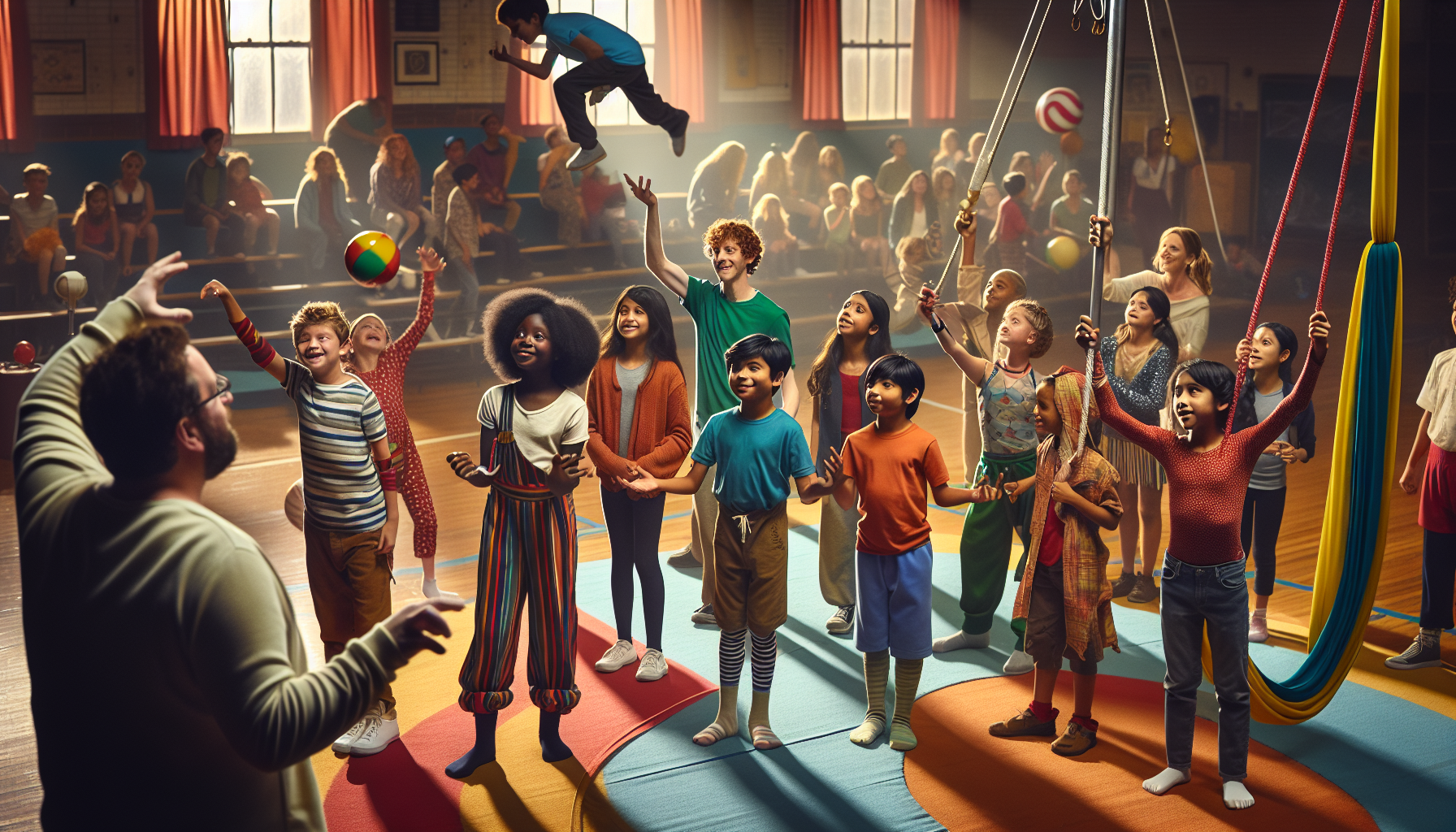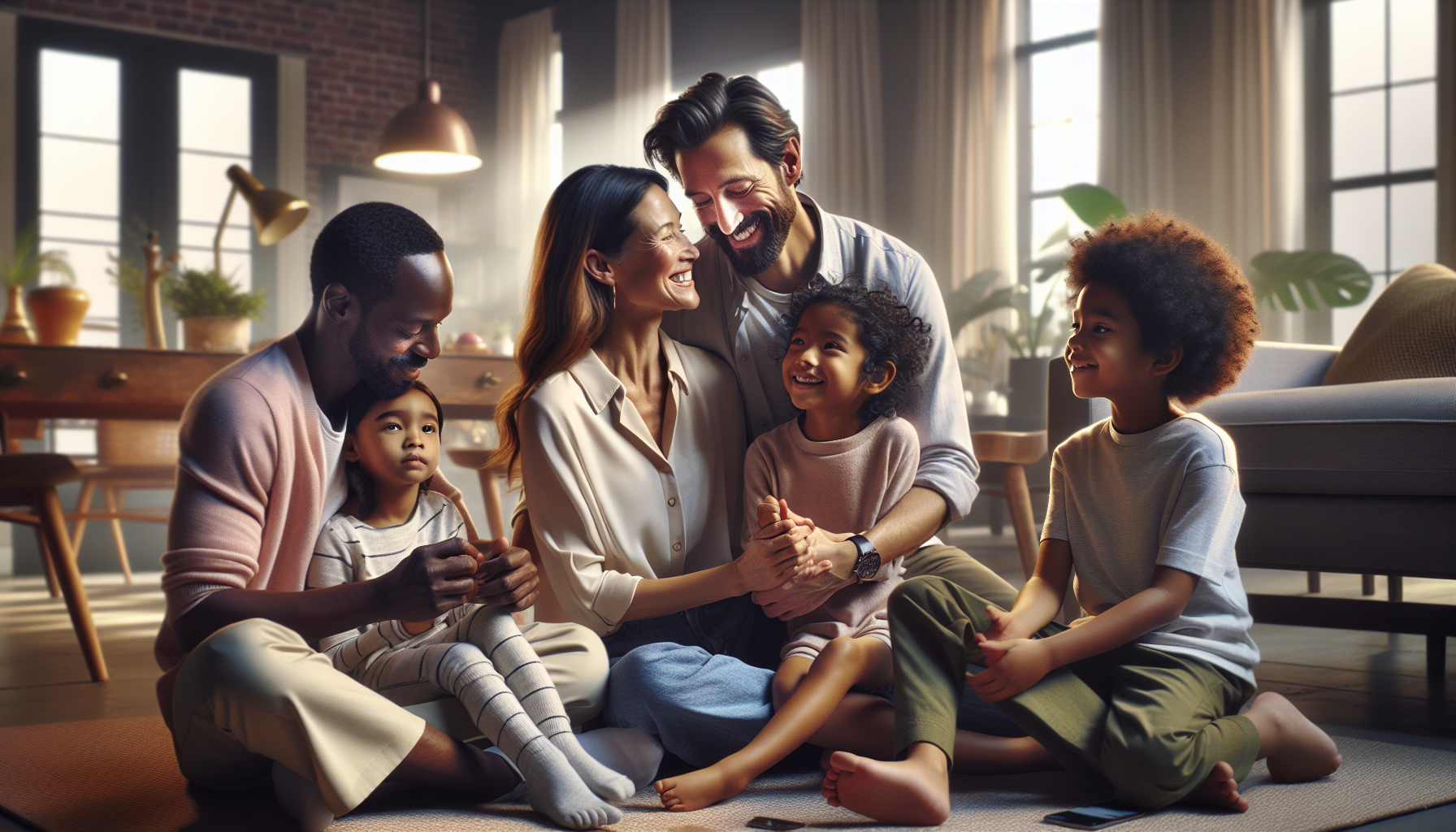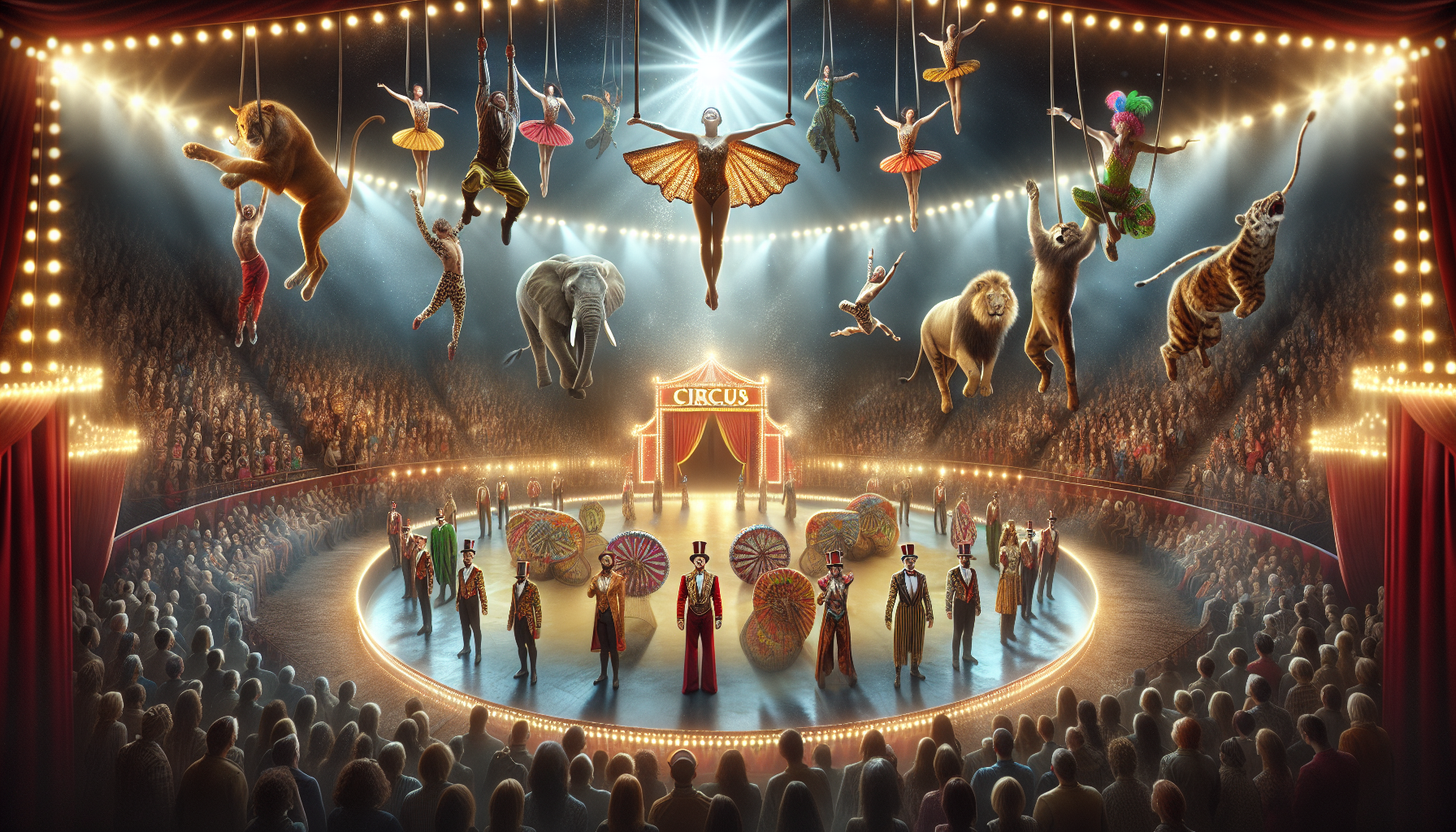The world of fashion and beauty is constantly evolving, challenging conventional norms and redefining what it means to be truly unique. A fascinating and inspiring trend has emerged recently: the rise of bearded women taking center stage. This movement not only celebrates individuality but also embraces diversity, sparking conversations across social media and beyond. As society becomes more inclusive, the spotlight on bearded women grows brighter, encouraging others to embrace their authentic selves.
Exploring the history, challenges, and triumphs faced by bearded women, this piece delves into the journey of self-acceptance and empowerment. From breaking stereotypes to finding a voice in industries traditionally dominated by rigid beauty standards, these women are not just making a statement; they are carving out a space where everyone can be celebrated for who they are. The narrative follows their personal stories, the cultural shift towards greater acceptance, and the impact they are making on future generations.
In an era where representation matters more than ever, the emergence of bearded women in the mainstream is not just a trend; it’s a movement. By challenging beauty norms and advocating for a broader definition of beauty, they inspire countless others to embrace their uniqueness. This exploration provides a comprehensive look into how bearded women are redefining beauty standards, creating a ripple effect that transcends fashion and enters the realm of social change. 🌟
The Historical Context of Bearded Women
Throughout history, bearded women have often been viewed as anomalies or curiosities, marginalized and relegated to sideshows or freak exhibits. During the 19th and early 20th centuries, women with facial hair were often featured in circus sideshows as spectacles of nature, marketed as “bearded ladies.” These women, while sometimes achieving a certain degree of fame, were often objectified and treated as less than human.
The presence of bearded women in society has been documented in various cultures worldwide, from the ancient Greeks to the indigenous peoples of South America. In many cases, facial hair on women was attributed to hormonal imbalances, polycystic ovary syndrome (PCOS), or other medical conditions, which were not well understood until the advent of modern medicine. Despite the fascination and stigma surrounding them, bearded women have historically been resilient figures, often using their unique appearance as a means to carve out livelihoods and challenge societal norms.
In contemporary times, however, there has been a significant shift in the perception of bearded women, as movements advocating for body positivity and acceptance gain momentum. Society is increasingly embracing diversity in appearance, challenging the rigid beauty standards that have dominated for centuries. This shift has created a space for bearded women to step into the spotlight, not as objects of curiosity, but as empowered individuals with unique stories and contributions to make.
The Impact of Social Media and Pop Culture
The rise of social media has been instrumental in changing the narrative around bearded women. Platforms like Instagram, TikTok, and YouTube provide a global stage where individuals can share their stories and connect with others who share similar experiences. For bearded women, social media has become a powerful tool for advocacy and self-expression.
Influencers and content creators who embrace their facial hair challenge the traditional beauty norms and inspire others to accept their unique traits. The hashtag movements such as #BeardedBeauty and #BodyPositive have amplified their voices, encouraging conversations around acceptance and self-love. Social media has democratized visibility, allowing bearded women to control their narratives and foster communities of support.
Pop culture, too, has played a role in bringing bearded women into the mainstream. Television shows, movies, and even fashion magazines are beginning to feature bearded women in a positive light. Characters that defy conventional beauty standards are being celebrated, contributing to a more inclusive representation of beauty. Bearded women are not only being seen but are being celebrated as symbols of authenticity and empowerment.
Notable Figures in the Bearded Women Movement
Several bearded women have become influential figures in the movement towards acceptance and celebration of facial hair. These women have used their platforms to advocate for body positivity and challenge societal norms. Harnaam Kaur, for example, is a British model and motivational speaker who holds the Guinness World Record for being the youngest woman with a full beard. Kaur uses her platform to speak about her journey to self-acceptance and to inspire others to embrace their uniqueness.
Another notable figure is Little Bear Schwarz, an American activist and performer who embraces her facial hair and uses her visibility to promote self-love and acceptance. Schwarz has been vocal about the challenges she has faced and the triumphs she has achieved, using humor and candidness to connect with her audience. Her work emphasizes the importance of authenticity and challenges the societal pressure to conform to traditional beauty standards.
Challenges Faced by Bearded Women
Despite the progress made in recent years, bearded women still face significant challenges. Social stigma and prejudice remain prevalent, with many bearded women experiencing discrimination in various aspects of their lives. From employment discrimination to verbal harassment, the journey to acceptance is often fraught with difficulties.
The media’s portrayal of beauty often excludes women with facial hair, perpetuating a narrow standard that can lead to feelings of inadequacy and low self-esteem. This lack of representation can have profound effects on mental health, as individuals may struggle with their self-image and face pressure to conform to societal norms.
Furthermore, the medicalization of facial hair in women can contribute to stigma. Women with conditions like PCOS or hormonal imbalances often face pressure to undergo treatment to “fix” their appearance, rather than being encouraged to embrace their natural traits. This medical perspective can lead to feelings of shame and a sense of being “othered.”
Societal Shifts and the Future of Bearded Women
As society continues to evolve, the future looks increasingly promising for bearded women. The growing focus on diversity and inclusion is paving the way for broader acceptance and celebration of non-conventional beauty. Educational initiatives and advocacy efforts are shedding light on the importance of embracing differences and challenging the status quo.
Organizations and campaigns dedicated to promoting body positivity and self-love are gaining traction, offering support and resources for bearded women and others who challenge traditional beauty norms. These movements foster environments where individuality is celebrated, and people are encouraged to embrace their unique traits.
Looking ahead, the continued rise of bearded women in the spotlight offers an opportunity to redefine beauty standards and create a more inclusive society. As more people become aware of the diversity in human appearance, the potential for meaningful change grows. The presence of bearded women in media, fashion, and public life serves as a powerful reminder that beauty comes in many forms, and each is worthy of celebration.
The Role of Education and Advocacy
Education and advocacy play crucial roles in shifting perceptions and promoting acceptance of bearded women. By increasing awareness and understanding, society can move towards greater inclusivity and respect for individual differences. Educational initiatives that address the causes and realities of facial hair in women can help dispel myths and reduce stigma.
Advocacy groups and campaigns are essential in providing support for bearded women, offering resources and creating spaces for dialogue and empowerment. These groups work to challenge stereotypes and advocate for policies that promote equality and representation. By amplifying the voices of bearded women and their allies, advocacy efforts contribute to a broader societal change.
- Increased visibility through social media
- Pop culture representation
- Notable figures in the movement
- Challenges faced by bearded women
- Societal shifts towards acceptance
| Aspect | Description |
|---|---|
| Social Media Impact | Platforms like Instagram and TikTok provide visibility and community support. |
| Historical Context | Bearded women were once seen as anomalies but are now symbols of empowerment. |
| Challenges | Social stigma and media representation continue to be hurdles. |
| Future Outlook | Societal shifts indicate a promising future for diverse beauty representation. |

Conclusion
In conclusion, the rise of bearded women in the spotlight signifies a transformative shift in societal perceptions of beauty and identity. Historically marginalized and relegated to sideshows, bearded women are now emerging as powerful symbols of authenticity and empowerment. This shift is largely due to the impactful role of social media and pop culture, where platforms like Instagram and TikTok have democratized visibility, allowing these women to share their stories and build supportive communities. Influencers and content creators who embrace their facial hair challenge traditional beauty norms, inspiring others to accept their unique traits. 🌟
Moreover, pop culture is increasingly featuring bearded women in a positive light, contributing to a more inclusive representation of beauty. Notable figures like Harnaam Kaur and Little Bear Schwarz have become influential voices in the movement, advocating for body positivity and challenging societal norms. Despite the progress, challenges such as social stigma and media representation persist, underscoring the need for ongoing advocacy and education. 📚
Looking forward, societal shifts toward diversity and inclusion suggest a promising future for bearded women. By continuing to challenge entrenched beauty standards, we can create a world where individuality is celebrated, and everyone is recognized for who they are. The journey is ongoing, but the strides made today pave the way for a more inclusive tomorrow. 🌈
Toni Santos is a visual storyteller and archival artisan whose creative journey is steeped in the bold colors, dramatic typography, and mythic imagery of old circus posters. Through his artistic lens, Toni breathes new life into these once-lurid canvases of wonder, transforming them into tributes to a golden era of spectacle, showmanship, and cultural fantasy.
Fascinated by the visual language of vintage circuses — from roaring lions to gravity-defying acrobats, from hand-painted banners to gothic typefaces — Toni explores how these posters once captured the imagination of entire towns with nothing more than ink, illusion, and a promise of awe. Each composition he creates or studies is a dialogue with history, nostalgia, and the raw aesthetics of entertainment on the move.
With a background in handcrafted design and visual heritage, Toni blends artistic sensitivity with historical insight. His work traces the forgotten typographies, chromatic choices, and symbolic flair that defined circus marketing in the 19th and early 20th centuries — a time when posters were not just advertisements, but portable portals to dreamworlds.
As the creative force behind Vizovex, Toni curates collections, illustrations, and thoughtful narratives that reconnect modern audiences with the magic of old circus art — not just as ephemera, but as cultural memory etched in paper and pigment.
His work is a tribute to:
The flamboyant storytelling of early circus posters
The lost art of hand-lettered show promotion
The timeless charm of visual fantasy in public space
Whether you’re a vintage print enthusiast, a circus history lover, or a designer inspired by antique aesthetics, Toni invites you into a world where tigers leap through fire, strongmen pose in perfect symmetry, and every corner of the poster whispers: Step right up.





